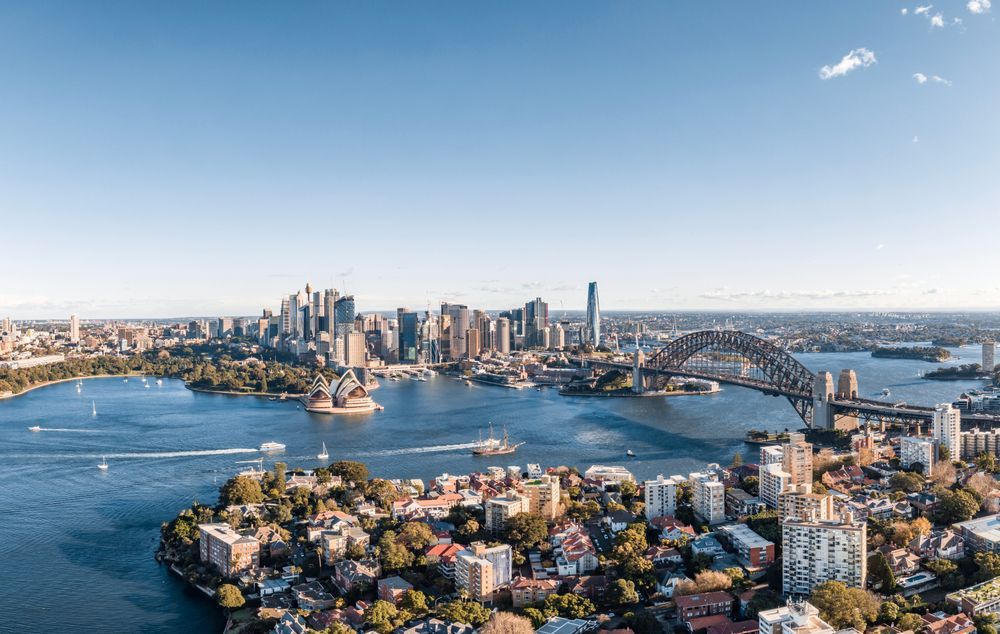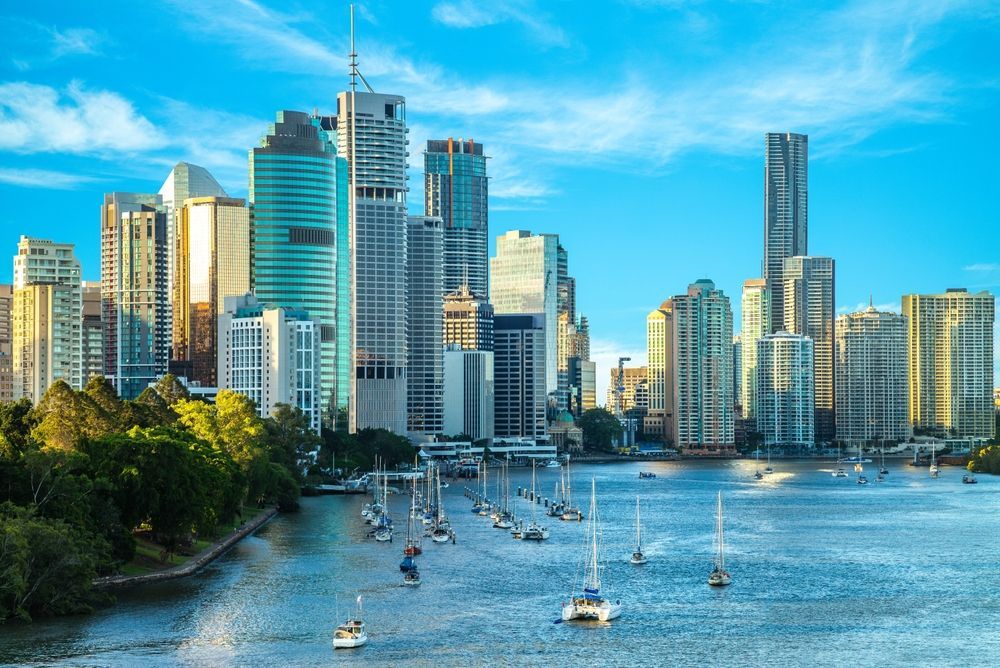Medical Jobs Available in Saudi Arabia - High Demand Specialities
Saudi Arabia has since the 1970's been the destination of choice for international medical graduates seeking lucrative tax free income. Whilst remuneration is not as attractive as in the early years of its health service development, Saudi Arabia still offers some attractive career opportunities.
Saudi Arabia is the largest country in the Middle East Gulf Region by landmass and population. It has a well developed health service with public and private sectors which constantly expands and evolves, although never quite fast enough to keep up with population demands. It is reliant upon expatriate labour, although the increasing number of local medical graduates is gradually reducing this demand.
The preceding years, in which the covid19 pandemic ravaged the Middle East, lead to recruitment freezes prompted by hospital closures, hospital repurposing and travel restrictions which severely limited elective surgical procedures and much routine medical care. Now we see some promise of an attempted return to normality. We see some green shoots of recovery with new medical jobs coming up in the Saudi Arabian private healthcare sector. The private sector counts for just 30% of Saudi healthcare provision and is focused mostly on secondary and primary care with a very selective capacity for tertiary care. Some private hospital companies have listed on the Saudi Arabian stock exchange.
Dr Sulaiman Al Habib Group raised considerable private investment which fuelled the construction of new hospitals and others are poised to follow.
New Physician and Surgeon Roles
Recruitment for medical jobs in Saudi Arabia from Western countries (UK, Ireland, USA, Canada, Australia, New Zealand, Western Europe) is focused upon consultants, in some hospitals titled specialists (please read our article on medical job titles for greater clarity on this issue). More junior positions, residents, house officers, often called "general practitioners" are filled locally by Saudi Arabian medical graduates or those from neighbouring countries.
Employers are looking for experienced, fully trained consultants and a lesser number of general practitioners who are titled family physicians. You can expect excellent modern working facilities and equipment, attractive tax free salary packages with generous benefits, paid leave and Continuing Medical Education (CME) opportunities which allow you to keep up to date with the latest developments in your field.
Requirements for Consultant Specialists and Family Physicians
To apply for a job in Saudi Arabia's healthcare system, you should ensure a sound understanding of the eligibility criteria for the job and for the professional licence to practise your speciality, which may differ, and the differences between credentialing and privileging, the former the function of the professional regulatory authority and the latter the role of the hospital.
In general you will need:
- medical degree from an approved school listed in the World Directory of Medical Schools. The World Directory of Medical Schools has been developed through a partnership between the World Federation for Medical Education (WFME) and the Foundation for Advancement of International Medical Education and Research (FAIMER®), a member of Intealth.
- Internship
- residency training in relevant specialist field
- specialist fellowship or board certification in relevant speciality
- a minimum of 1-5 years experience post fellowship / board certification working independently as a consultant (this varies by employer)
- log book - surgeons and physicians performing interventional procedures will usually require a log book of at least 2 years procedural documentation
- adaptability: the ability to respond quickly and positively to new surroundings and ways of working
- excellent communication: you must be able to communicate clearly and concisely with your team and patients and manage their expectations well.
- problem solving skills: you will need to be innovative and creative to manage the problems that the work presents which may be very different from back home
- IT skills to manage electronic health records and communications
- English language fluency - English is the working language and Arabic is the official language. Whilst knowledge of Arabic is not essential, it certainly helps, and learning a basic vocabulary would be a good idea.
High Demand Specialities
Some specialities show persistent strong demand whilst others are readily filled by local specialities. Most jobs open to international doctors are in the specialities listed below.
1: Emergency Medicine Physicians
Emergency departments in the major cities of Saudi Arabia, central Riyadh, Jeddah and Al Khobar are busy with lots of adults and children seeking prompt medical care for emergencies and urgent problems. Many patients do not have family physicians, which are a relatively new concept in the Gulf, and use the emergency department for most of their healthcare needs. Some patients present with late stage illness. Working in these departments can be a fascinating experience with the opportunity to manage cases you might never see in the western healthcare systems.
You can expect to work 48 hours per week in a shift pattern and as a consultant you will be the leader of teams of specialists (emergency physicians who have just completed residency) and residents whom you will supervise, teach and mentor. Some hospitals have work patterns which permit many days off in a stretch.
You will need the requirements listed above. Preferred specialist qualifications are the American Board of Emergency Medicine, FRCPC, FRCEM, and FACEM. Western European qualifications are accepted too but many countries do not have residency programmes and postgraduate qualifications in emergency medicine which are comparable to those from North American and the Anglosphere countries. In most European countries, emergency medicine is not a distinct speciality and is practised by physicians qualified in several specialities, usually general practice, internal medicine, surgery and anaesthetics. If in doubt about the acceptance of your qualification and training, please contact us for advice.
2: Vascular Surgeons
This is a growing speciality in the Middle East prompted by high rates of cardiovascular disease, obesity, diabetes and an aging demographic. You can expect your skills to be in high demand. In most hospitals you will work in a general surgical team as a specialised vascular surgeon. Only the public sector tertiary level hospitals have dedicated specialist vascular surgery departments. You can expect to work a basic 48 hours per week and perhaps more with on call duties. You may have to mentor and train junior surgeons. You should be experienced and confident to practise independently.
You will need to meet the requirements listed above and hold a specialist fellowship or board certification in general surgery; the American Board of Surgery, FRCSC, FRCS /CCT FRACS are all accepted. Western European qualifications are accepted too, AND subspecialist training or a fellowship in vascular surgery. UK Surgeons should have the CCT in vascular surgery as well as general surgery.
3: Plastic Surgeons
Saudi Arabia is famous for its aesthetic surgery, facelifts and beauty enhancements but this will not be your sole scope of practice as there is plenty of potential for reconstructive surgery, burns surgery and hand surgery. You can expect to work with a team of plastic surgeons, consultants and specialists, with a varied and exciting case load.
You will need to meet the general requirements listed above plus a specialist fellowship or board certification in plastic surgery - the American Board of Surgery, FRCSC, FRCS /CCT FRACS are all accepted. Western European qualifications are accepted too.
4: Spinal Surgeons
Spinal surgeons may have initial training in either orthopaedic surgery or neurosurgery. In Saudi Arabia, orthopaedic surgeons are most commonly sought for spinal surgeon jobs with few openings for neuro-spinal surgery. You can expect to work in an orthopaedic department staffed by general and subspecialist orthopaedic surgeons where your scope of practice may include some general orthopaedic procedures.
You will need to have the credentials listed above including specialist qualification in orthopaedic surgery followed by subspecialist training in spinal surgery. Favoured qualifications include FRCS/ CCT, FRCI/CSD, FRACS, FRCSC, American Board of Orthopaedic Surgery plus Western European equivalents.
5: General Physicians and Subspecialists
Specialised physicians in the fields of dermatology, pulmonology, neurology, nephrology and gastroenterology show some demand in the private sector. Dermatologists are expected to practice aesthetic dermatology, often with procedural competency, as well as manage common skin conditions.
You will require the credentials listed above plus subspecialist training in the appropriate field and relevant procedural competency. Preferred qualifications are FRCP/ CCT, FRCPI/CSD, FRACP, FRCPC, American Board of Internal Medicine/ Dermatology plus subspecialist board.
Remuneration
You can anticipate a tax free package comprising a basic salary with benefits and sometimes supplemented by an incentive scheme. The latter is performance dependent.
- Basic Salary: salaries are tax free, paid in local currency and graded by pay scale, largely dependent upon experience. You can expect SAR 50,000 and upwards depending upon how many years of practice experience you have since completion of specialist training.
- Incentives: your contract may include a scheme whereby you can retain a percentage of the revenue you generate from fee for service practice. This is inevitably performance based and most relevant to doctors performing procedures.
- Health Insurance: employers must provide employees with paid health cover. This includes family members for married contracts.
- Accommodation: the employer provides a furnished apartment free of charge or an allowance to cover in full or partially the rental of accommodation in the private sector.
- Travel: your flight to and from your designated point of hire will be paid by the employer and each year you can expect a round trip ticket or the value of the same to select your destination and route of choice.
- Education allowance: a cash allowance to cover school fees for up to 3 children under age 18 who are educated at schools in Saudi Arabia. Some employers restrict this allowance to 2 children and some do not provide it at all.
- End of Service Award: at the end of your contract, you will receive a bonus payment dependent upon years of completed service.
For more details about remuneration and employment, read our article on physician remuneration in the gulf states.
Data Flow Report
The Data Flow Report is a formal verification of your qualifications, licence and experience at primary source. This can be obtained by application made online and usually takes 14-30 days to complete depending if the express service is selected, considerably longer if not. Our article on the
Data Flow Report explains how to apply for this.
Once the report is generated, it can be used for all job applications and professional regulatory authority applications in the Middle East. The report can be moved from one authority to another by making an application and payment of a small fee to Data Flow LLC.
Medical Practice Licence
The Saudi Commission for Health Specialities is the sole professional regulatory authority in the Kingdom of Saudi Arabia for medical and healthcare professionals and an application should be made via the website for a licence to practice medicine. For directions and guidance, please read our article on Registration of Health Professionals in Saudi Arabia. The license will usually be attached to a designated sponsor and specific place of work.
Work in Saudi Arabia
If you are interested to work as a consultant doctor or family physician in Saudi Arabia, please register your CV and contact us to discuss opportunities. You can apply for advertised jobs by uploading a recent CV.
23 August 2021
Share this post on Social Media
Leave a Comment
SEARCH JOBS
Ready for a change? Whether you’re looking for higher compensation, greater autonomy, a better work-life balance, or just a change in scenery, we have job opportunities in wonderful locations across the world. Start your medical or dental job search today and embark on your next career move.
SIGN UP FOR JOB ALERTS
We believe everyone deserves to find their dream job. Be the first to hear about new practice opportunities in exciting locations across the world Simply sign up for job alerts in your chosen field, and we will email you when a new job in your specialty becomes available.


















